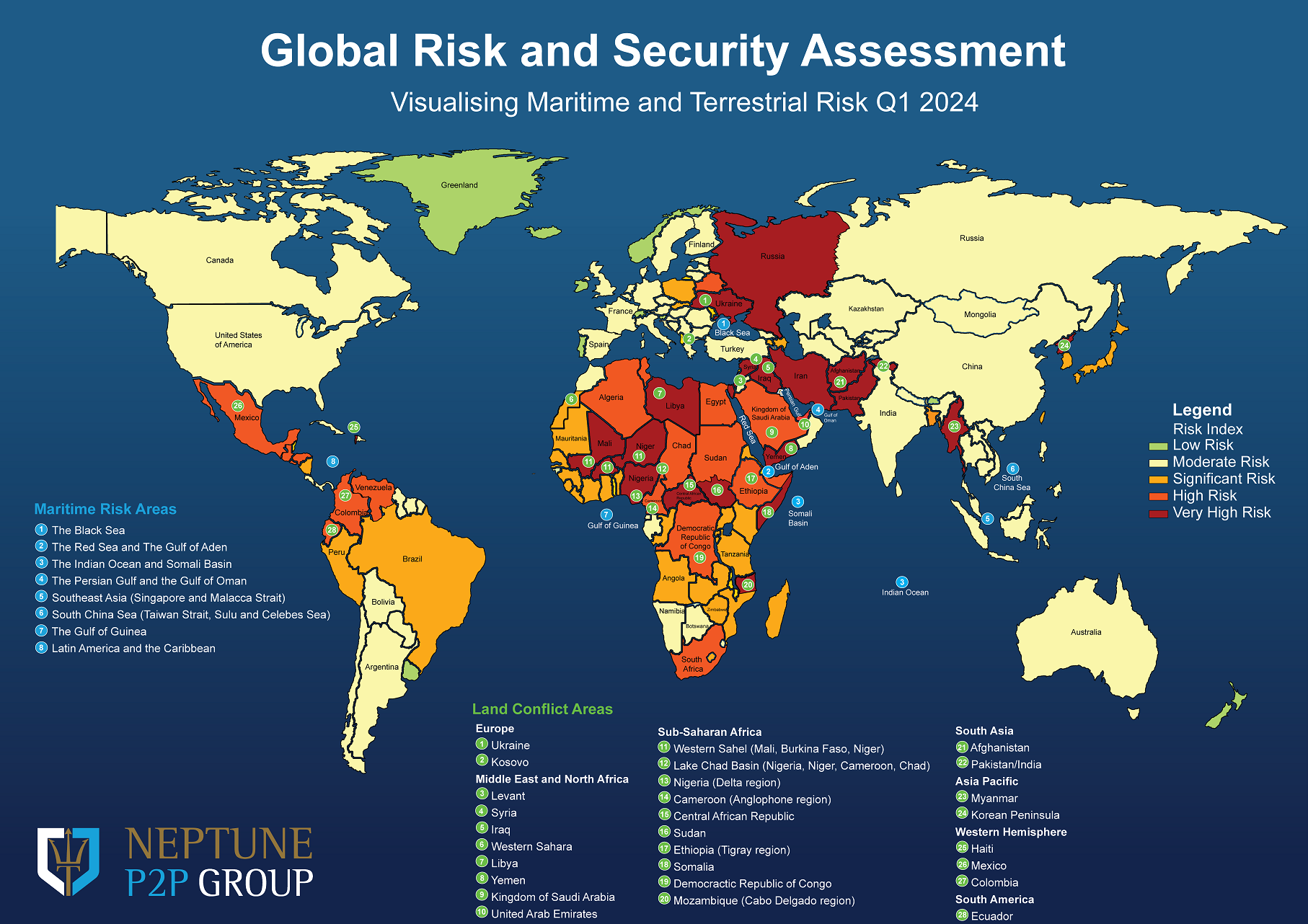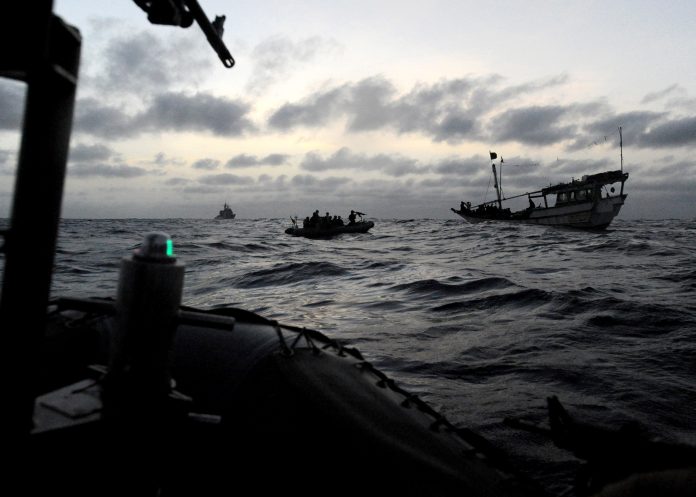Container shipping in the Indian Ocean, Red Sea, and Gulf of Guinea faces an evolving landscape of threats characterized by geopolitical instability, piracy, and the increasing sophistication of non-state actors.
The global container trade could experience significant disruptions as a result of these developments. Heightened risks may lead to increases in insurance premiums, rerouting of shipping lanes, and enhanced security protocols, all of which contribute to higher operational costs, as Sergiy Kivalov of the University of Odessa noted.
The Indian Ocean has its own set of challenges, often stemming from regional conflicts and the presence of state and non-state actors that disrupt maritime traffic.
The proximity of key shipping lanes to conflict zones, such as the ongoing strife in Yemen and the presence of jihadist groups in the Horn of Africa, complicates security measures for commercial vessels significantly, according to various academic journals.
Meanwhile, in the Gulf of Guinea, piracy remains the most immediate threat, with incidents ranging from armed robbery to kidnapping for ransom. This region is characterized by its lack of effective naval response and a complex jurisdictional landscape, which complicates international anti-piracy efforts.

Increased shipping traffic typically creates more opportunities for malicious actors operating from these coastal regions to target merchant vessels. It has to be noted however, that this increased threat does not necessarily translate to an increased risk rating.
Along the coastline of southwestern Africa, increased port calls at South African ports have caused delays, thus increasing the risk of suspicious approaches and illegal boarding for berthed and anchored vessels, although no such incidents have been reported since 2022.
However, one of the most dreaded prospects is the new weapon technologies and their potential inflow on countries such as Nigeria, or Somalia, along with the Houthis which already poses such weapons. The introduction of new weapon technologies potentially escalates existing threats.
Advanced weaponry, such as long-range autonomous systems and cyber-attack capabilities, can enable non-state actors like pirates and terrorist groups to execute more sophisticated and disruptive operations.
Such technologies could lead to greater operational reach, posing significant risks not only to regional shipping but also to global supply chains.
The integration of these technologies alike raises the stakes for maritime security, requiring a reevaluation of traditional naval and shipping defense strategies, the Maritime Trade Warfare report of Naval War College suggests.
The potential implications of these evolving threats and technologies are profound. They could lead to higher operational costs due to increased insurance premiums, enhanced security measures, and possibly longer shipping routes to avoid high-risk areas.
Additionally, the global nature of container shipping makes it susceptible to systemic disruptions, which could have cascading effects on international trade and economics, highlighting the interconnectedness of global security and commerce.
The dynamic interplay between emerging maritime threats and advancing military technologies presents a complex challenge for global trade.







